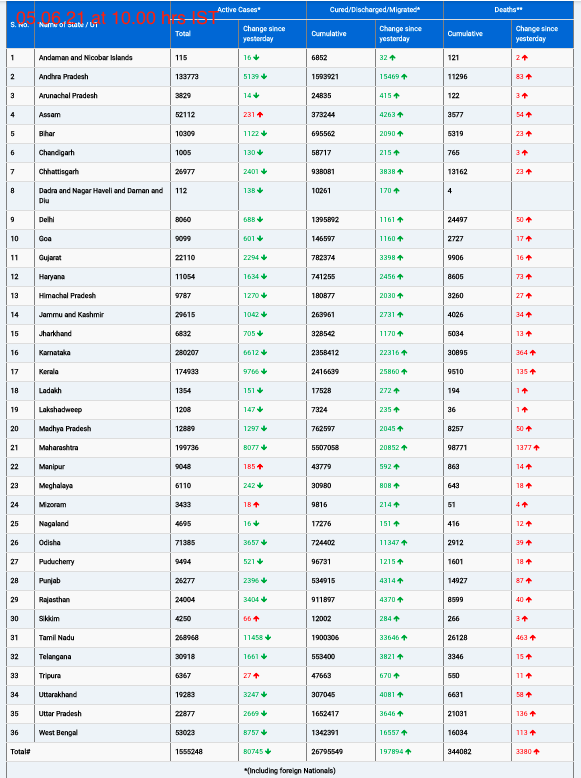A collective of 211 international experts from 79 countries has unveiled a groundbreaking framework aimed at embedding digital health education into medical curricula worldwide. Published in JAMA Network Open, the Digital Health Competencies in Medical Education (DECODE) framework is designed to help medical schools better prepare future physicians for the ever-expanding role of technology in healthcare.
The DECODE framework outlines a comprehensive approach to the development and implementation of digital health curricula in medical education, ensuring that students acquire the necessary competencies to navigate and leverage digital technologies such as mobile health apps, wearable devices, artificial intelligence, and electronic health records. As healthcare rapidly digitalizes, it is essential that medical education keeps pace, addressing emerging technologies, ethical considerations, and the broader impact of digital health on population health.
Dr. Josip Car, Professor of Population and Digital Health Sciences at King’s College London and co-lead author of the framework, explained, “The DECODE framework represents a significant step forward in preparing future physicians for the digital transformation of healthcare. By providing a globally adaptable set of competencies, we aim to ensure that medical graduates are equipped with the knowledge, skills, and behaviors needed to navigate and leverage digital health technologies effectively.”
The framework has already begun influencing medical education worldwide, with the UK adopting its principles into a new Medical Schools Council report, which outlines recommended data science learning outcomes for medical graduates. The steering group behind DECODE includes prominent academic institutions such as King’s College London, Imperial College London, Harvard University, and Nanyang Technological University, Singapore.
Dr. Qi Chwen Ong, research assistant at NTU Singapore’s Lee Kong Chian School of Medicine and co-lead author of the framework, emphasized the urgency of this initiative. “It is important for medical education to keep pace with the rapid digitalization in healthcare. Targeted training in digital health is crucial to ensure that future doctors can use these technologies efficiently and safely in care delivery.”
The DECODE framework is structured around four main domains: Professionalism in Digital Health, Patient and Population Digital Health, Health Information Systems, and Health Data Science. Each domain encompasses a range of competencies and learning outcomes that reflect both current technologies and emerging trends in healthcare.
Professor Amir H. Sam, Head of Imperial College School of Medicine and co-author of the framework, remarked, “Future doctors must be equipped with the competencies that allow them to respond best to the demands of a digital transformation in healthcare. Achieving consensus on core competencies will enable medical schools to deliver the digital health curriculum through their existing approaches and resources.”
The framework’s development involved extensive collaboration with over 200 subject matter experts from across the globe, including representatives from all World Health Organization (WHO) regions and World Bank income groups. After multiple rounds of feedback, these experts reached a consensus on the essential learning outcomes that should form the foundation of digital health education in medical schools.
Professor Rifat Atun, Professor of Global Health Systems at Harvard University and co-author of the framework, noted the global significance of digital health, saying, “Digital health permeates every aspect of the care continuum. It is the critical ingredient for AI-enabled transformation of health systems to generate better value for individuals and societies.”
This international effort aims to catalyze the integration of digital health education into medical curricula worldwide, ensuring that future doctors are not only prepared for the digital age but are also equipped to harness the power of technology to improve healthcare delivery and outcomes.
Disclaimer: This article is based on information published in JAMA Network Open. The framework and its adoption are subject to change as more feedback is incorporated into medical curricula globally. For further details, please refer to the original publication (DOI: 10.1001/jamanetworkopen.2024.53131).











